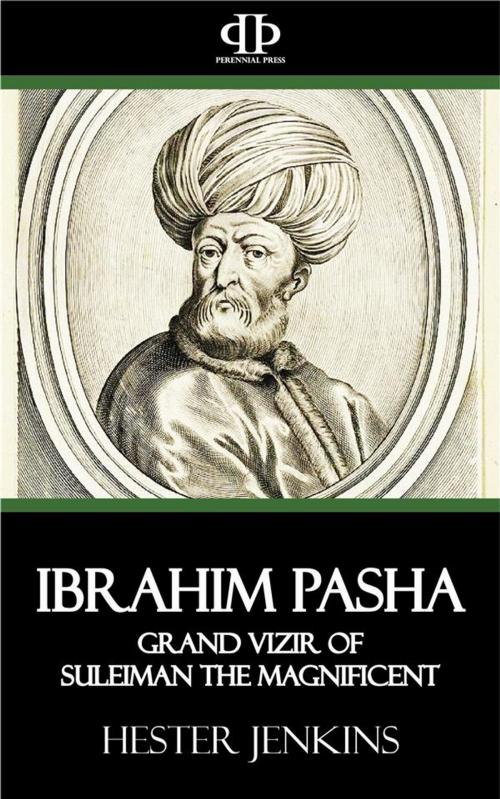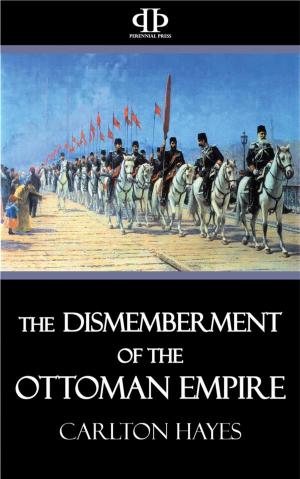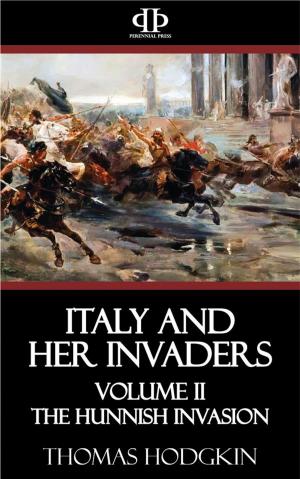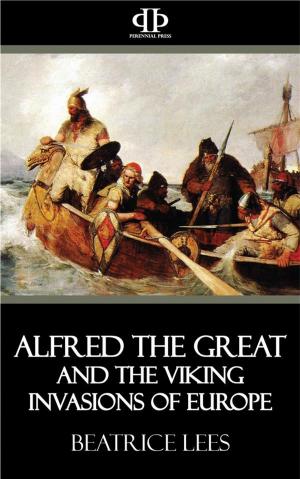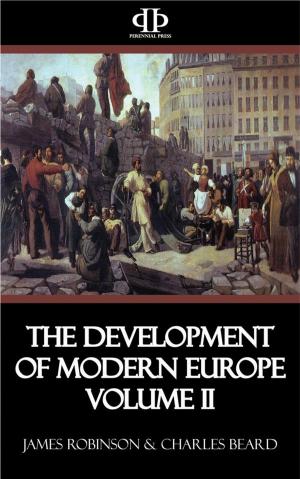| Author: | Hester Jenkins | ISBN: | 9781531236571 |
| Publisher: | Perennial Press | Publication: | February 27, 2016 |
| Imprint: | Language: | English |
| Author: | Hester Jenkins |
| ISBN: | 9781531236571 |
| Publisher: | Perennial Press |
| Publication: | February 27, 2016 |
| Imprint: | |
| Language: | English |
Ibrahim was a Christian of base extraction, the son of a Greek sailor of Parga. He was born in 1494. In his childhood he was captured by Turkish corsairs. It would seem that he was first sold to a widow of Magnesia, who clothed him well and had him well educated, and especially trained to perform upon a musical instrument resembling the violin, which he learned to play beautifully.
Whether it was on one of his expeditions to Asia Minor that Suleiman, son of the reigning monarch Selim I, met Ibrahim and was won by his charm and his musical ability, or whether Ibrahim was taken to Constantinople and there sold to the prince, cannot be determined from conflicting reports, but the fact that Ibrahim became Suleiman’s property is incontestable.
Ibrahim never forgot his origin or his family. In 1527 his father came to Constantinople to visit him, and later he had his mother and his two brothers at the Palace. He was able to help his father substantially, giving him a sandjak or governorship. Of course Ibrahim adopted Islam, else there were no story to tell, for a Christian could have had no career in Turkey in that day.
Baudier says that the boy Ibrahim was carried to Constantinople by “them which exact the tribute of Christian Children.” This tribute of Christian children had been levied since the reign of Orkhan (1326–1361) and was the material of which the redoubtable army of janissaries was formed. These children, separated from their own countries and their families, and practically always converted to Islam, were for the most part trained in military camps and forbidden to marry. Therefore they had no interest except in war, and no loyalty except to the sultan. Thus they developed into the finest military machine the world had known, the most perfect instrument for a conqueror’s use, but a dangerous force in time of peace...
Ibrahim was a Christian of base extraction, the son of a Greek sailor of Parga. He was born in 1494. In his childhood he was captured by Turkish corsairs. It would seem that he was first sold to a widow of Magnesia, who clothed him well and had him well educated, and especially trained to perform upon a musical instrument resembling the violin, which he learned to play beautifully.
Whether it was on one of his expeditions to Asia Minor that Suleiman, son of the reigning monarch Selim I, met Ibrahim and was won by his charm and his musical ability, or whether Ibrahim was taken to Constantinople and there sold to the prince, cannot be determined from conflicting reports, but the fact that Ibrahim became Suleiman’s property is incontestable.
Ibrahim never forgot his origin or his family. In 1527 his father came to Constantinople to visit him, and later he had his mother and his two brothers at the Palace. He was able to help his father substantially, giving him a sandjak or governorship. Of course Ibrahim adopted Islam, else there were no story to tell, for a Christian could have had no career in Turkey in that day.
Baudier says that the boy Ibrahim was carried to Constantinople by “them which exact the tribute of Christian Children.” This tribute of Christian children had been levied since the reign of Orkhan (1326–1361) and was the material of which the redoubtable army of janissaries was formed. These children, separated from their own countries and their families, and practically always converted to Islam, were for the most part trained in military camps and forbidden to marry. Therefore they had no interest except in war, and no loyalty except to the sultan. Thus they developed into the finest military machine the world had known, the most perfect instrument for a conqueror’s use, but a dangerous force in time of peace...
